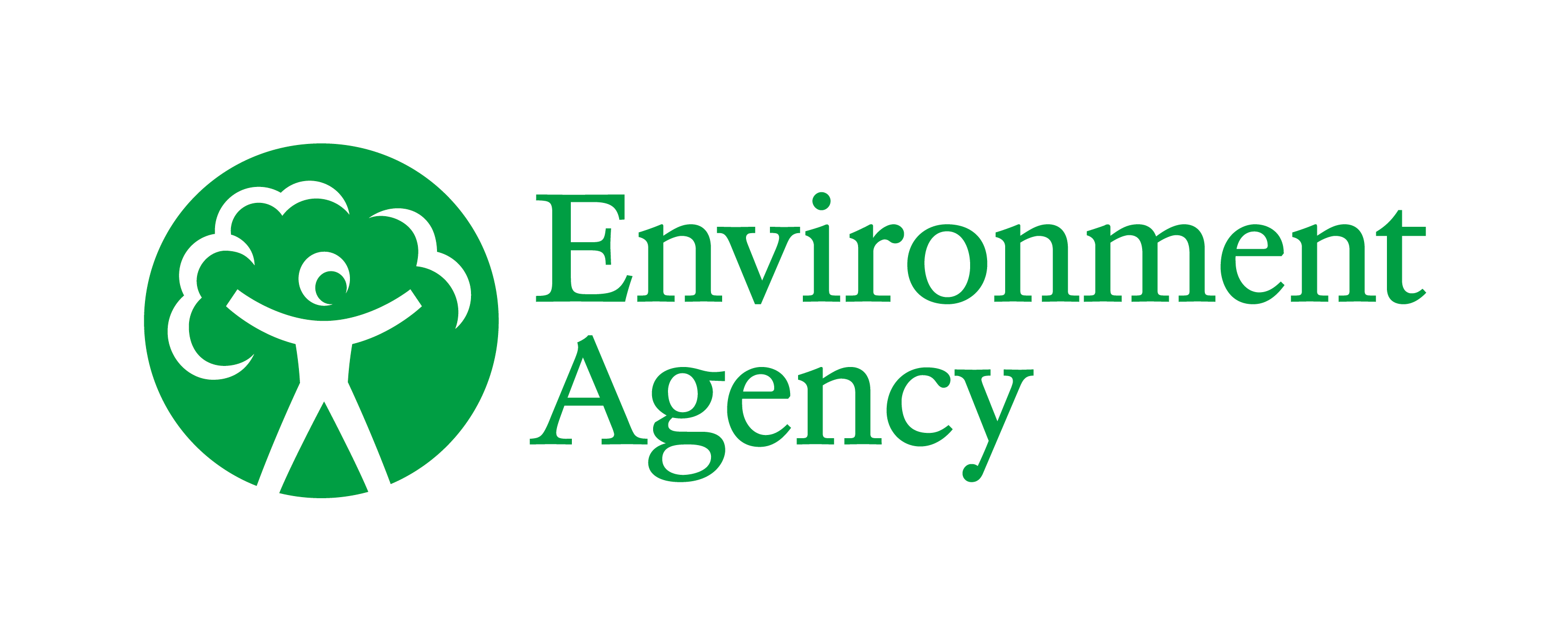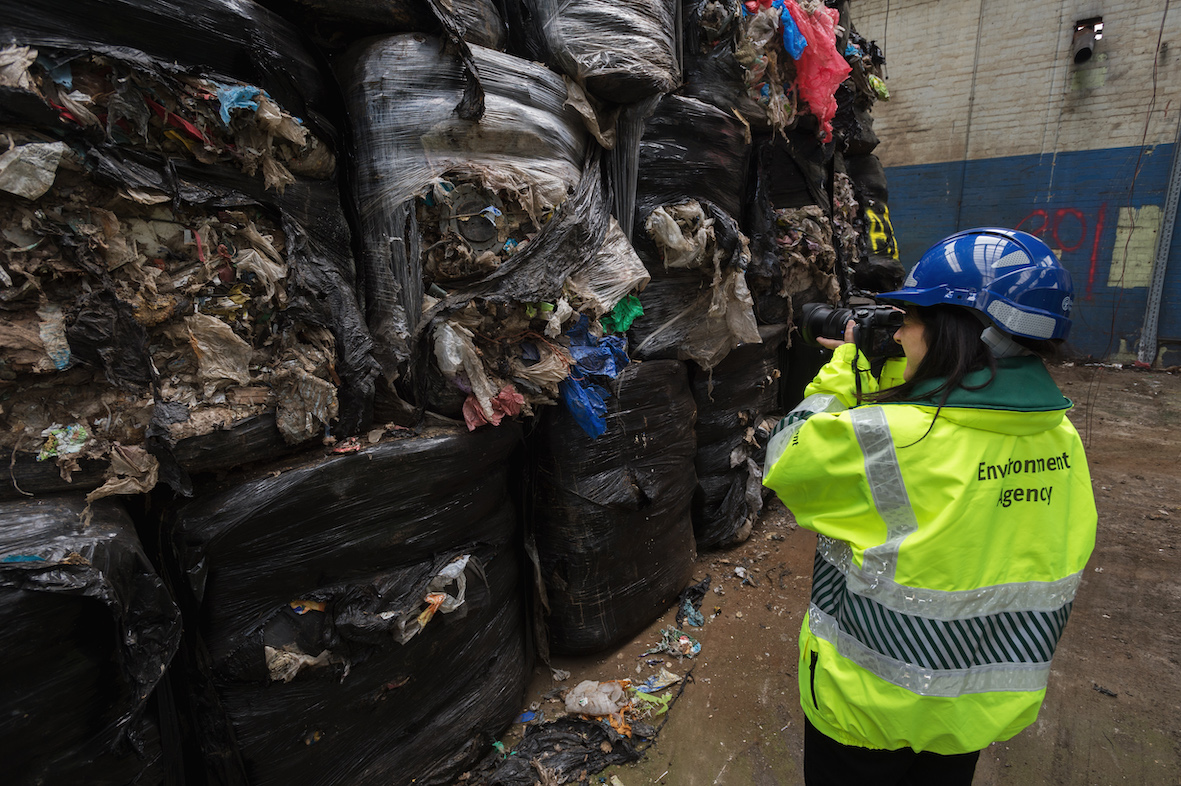
Environment and Regulation

We work to create better places for people, wildlife and support sustainable development. In the Environmental Regulation part of our business, we put the climate emergency at the heart of everything we do and help society adapt to environmental challenges. We improve and protect the quality of our air, land and water by tackling pollution.
We do this by:
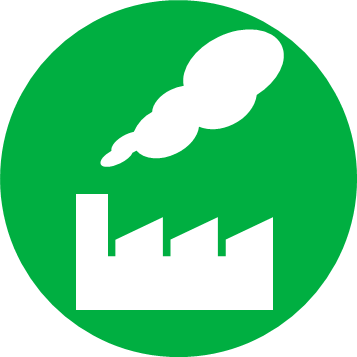
Regulating farms, factories, and other businesses to minimise polluting emissions to air, water and land.
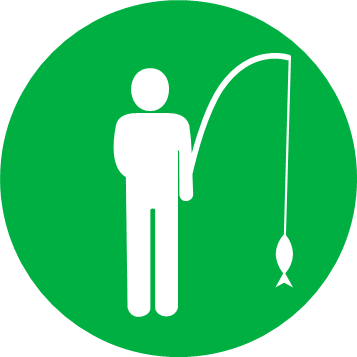
Licensing fishing and monitoring fish health in our rivers and fisheries across England.
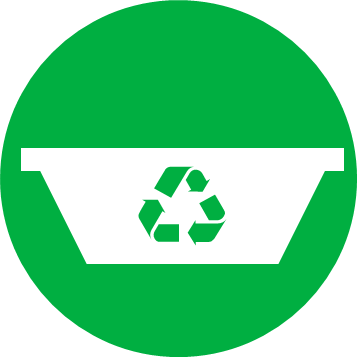
Regulating waste treatment and disposal sites.

Permitting the removal of water from surface and groundwater and the discharge of substances to water.

Responding to a range of emergencies including pollution of water, illegal dumping of hazardous waste, and illegal fishing.

Working with conservation organisations to create and restore important habitats.
Water, Land and Biodiversity
Our work contributes to delivering the 25 year Defra Environment Plan, which sets out an ambitious target to improve the environment within a generation. The plan aims to deliver

cleaner air and water in our cities and rural landscapes,

protect threatened species

provide richer wildlife habitats.
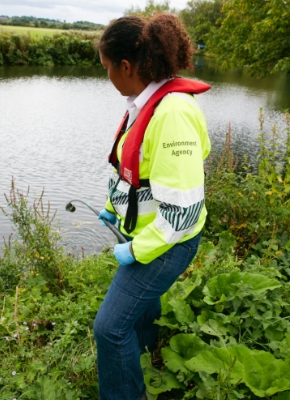
In the EA’s national Water Land and Biodiversity teams, we have a significant and central role in shaping delivery of the plan by supporting Defra on strategy development, undertaking policy actions and providing leadership on testing and reporting. Day-to-day, this means we do a range of different activities from identifying emerging environmental issues, laying the ground to deliver new duties to providing Operational colleagues with expert support. Our Operational Water Land and Biodiversity staff monitor the environment, regulate activities, manage incidents like drought, work with partners and plan. Together we create a cleaner, healthier environment and a nation better protected against hazards. Our work is more important than ever against the backdrop of the climate and nature emergencies.
Fisheries, Biodiversity and Geomorphology
The fisheries, biodiversity and geomorphology team provide high quality habitat and species management advice to a variety of internal and external customers. A large part of the role is helping to deliver the FCRM Capital and Maintenance programmes and screening planning and permit applications. The team take a risk-based approach to help protect and improve the water environment and water-dependent wildlife. The team also plays a pivotal role in supporting the organisation to achieve biodiversity, ecological and fisheries objectives, including Biodiversity Net Gain.
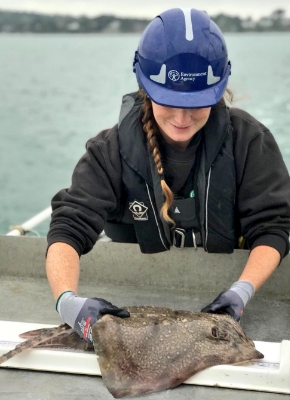
Regulated Industry
We protect and improve water, land and biodiversity. Our work contributes to delivering the 25 year Defra Environment Plan, which sets out an ambitious target to improve the environment within a generation.Regulated Industry;

Protects air, land and water bringing benefits to local communities.

Our regulation serves to deliver a climate resilient to climate change, green growth and a sustainable future.
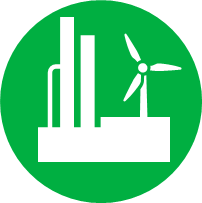
We work with industry and businesses, such as oil refineries, landfills and car recycling plants.

In the Environment Agency’s national Regulated Industry teams, we have a significant and central role in shaping our priorities and investing in the future, by supporting Defra and BEIS on strategy and regulatory development, in particular for the Clean Air and Resources and Waste Strategies. We drive regulatory reform, support innovation and build requirements into permits which drive improvements in air quality, contribute to a circular economy and Net Zero. We are transforming the way we regulate and underpinning this with a customer facing exciting digital services. Day-to-day, this means we do a range of different activities from identifying emerging environmental issues, laying the ground to deliver new duties to providing Operational colleagues with expert support.
Our Operational teams regulate businesses, industries, waste streams and climate trading schemes, manage industrial and waste incidents, such as waste fires and work with partners. Our teams lead on enforcement work and tackle environmental crime and illegitimate business activities. Together we create a cleaner, healthier environment and a nation better protected against hazards. Our work is more important than ever against the backdrop of the climate and nature emergencies.
Installations
Installations Officers work to regulate a range of industrial facilities, ensuring that they comply with a wide range of environmental legislation. Duties range from checking monitoring data to conducting site inspections and more detailed audits of site working practices and processes, taking appropriate enforcement action where necessary. This can range from providing advice and guidance, right through to prosecution. Installations teams liaise frequently with partners, community groups and the public to provide information and address concerns in relation to high profile process industry sites.
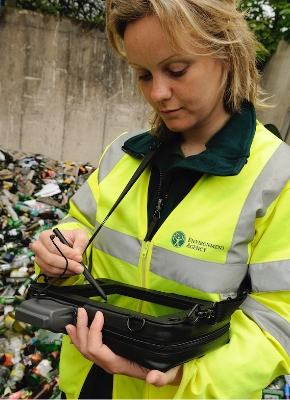
Environment Officers
Environment Officers regulate everything from water companies and waste management sites to farms and other agricultural/land management activities across a range of urban and rural sites, all of which may impact the surrounding environment. Officers are part of customer-facing frontline teams working directly to create a cleaner, safer and healthier environment. The role includes influencing companies and business to minimise their environmental impact, conducting site inspections, taking enforcement action where relevant and managing pollution incidents. No two days are the same, it’s a great way to start and develop your career as an environmental regulator.
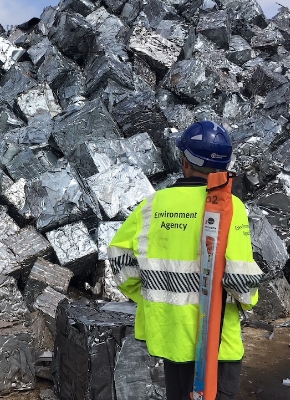
Sustainable Places
The Sustainable Places team manages the Environment Agency’s input into development, growth and planning policy. The team is on the frontline engaging with local planning authorities, developers, consultants and internal colleagues to ensure that economic growth and regeneration planned over the coming years protects and enhances the environment for future generations. The team works to ensure that development avoids making existing environmental problems worse and where possible reduces or resolves them through influencing and advising on strategic plans and site-specific development proposals. The team do this by working with other internal functions to provide advice through their statutory role and the provision of more detailed guidance through the chargeable advice service where applicable.

Chief Scientist’s Group
The Environment Agency’s Chief Scientist’s Group puts strong science and rigorous analysis at the heart of the Environment Agency’s work to create a better place for people and wildlife. There are around 150 people in the Chief Scientist’s Group, working in research, innovation, evaluation, data analysis and reporting, and horizon scanning.
Our teams identify gaps and emerging trends, source the evidence, and then translate and communicate it in a compelling way to provide confidence in the decisions that the Environment Agency takes.
We employ a wide range of scientific staff including:
- Specialist research scientists
- Technical advisors in ecotoxicology and chemical hazards
- Modellers
- Data scientists
- Evaluation specialists
- Data and information analysts
- Science engagement specialists
- Horizon scanning and Futures specialists

